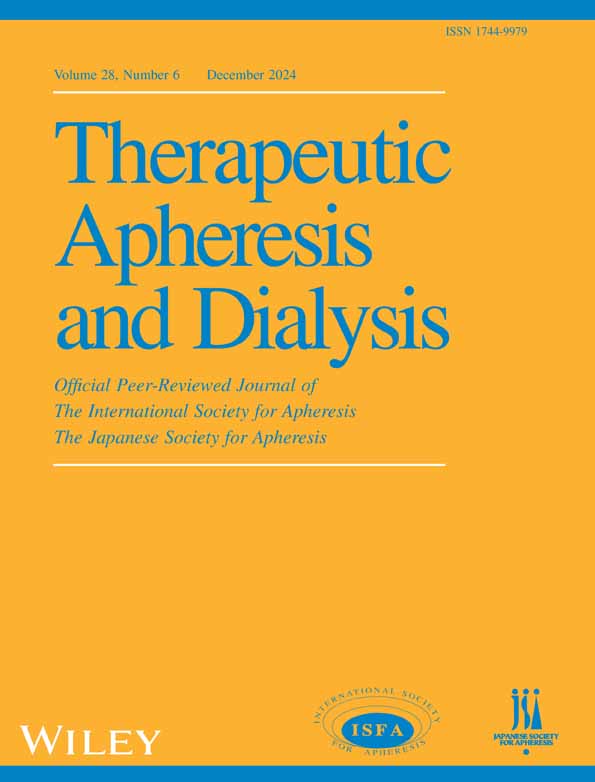Opinions of intensive care nurses on continuous renal replacement therapy: A qualitative study
Abstract
Introduction
This is a phenomenologically designed qualitative study conducted to explore and conceptualize the problems experienced by intensive care nurses caring for patients undergoing continuous renal replacement therapy.
Methods
Face-to-face, semi-structured interviews were conducted with the participants. The interviews were transcribed verbatim, then thematic analysis was conducted.
Results
The study was conducted 12 intensive care nurses. As a result, 3 main and 6 sub-themes were identified. The themes identified were changing routines, uncertainty in terms of patient benefit, and need for adaptation.
Conclusion
It was found that nurses experienced challenges in providing care to patients undergoing continuous renal replacement therapy, spent more effort to prevent complications, and lacked information on the subject. It is recommended to consider institutional and individual actions to meet the educational needs of nurses for implementing continuous renal replacement therapy.
CONFLICT OF INTEREST STATEMENT
The authors declare no conflicts of interest.
Open Research
DATA AVAILABILITY STATEMENT
All data generated and analyzed during this study are included in this article. Further inquiries can be directed to the corresponding author.




